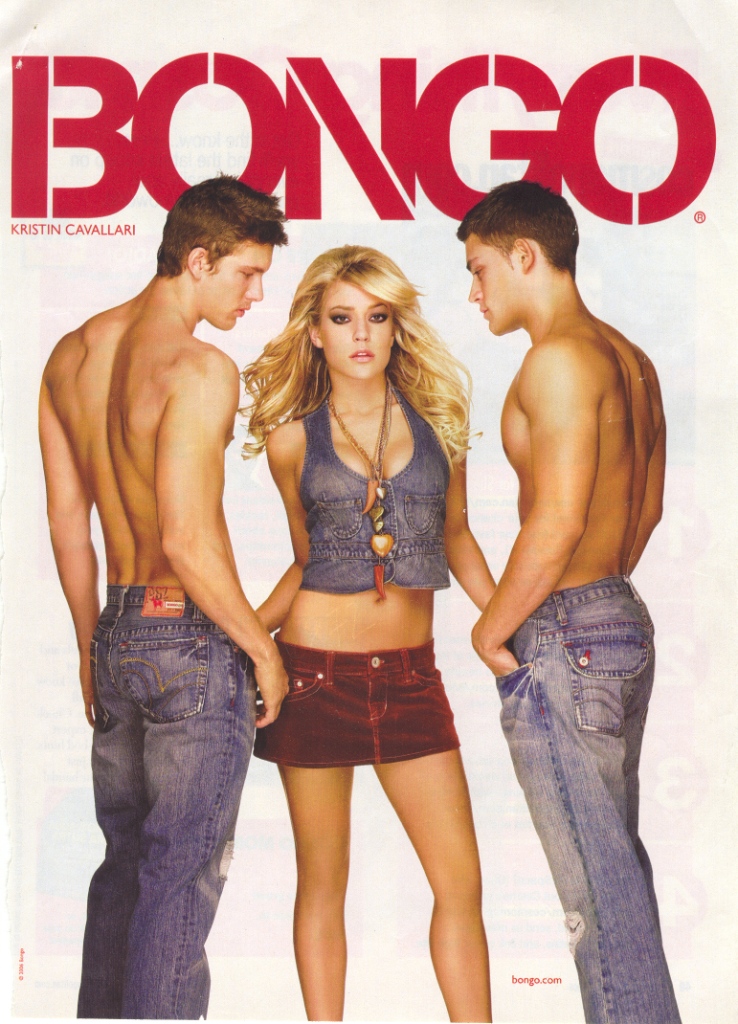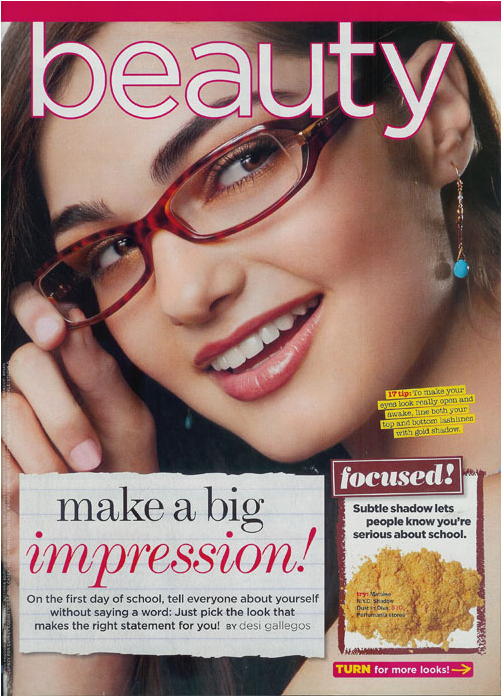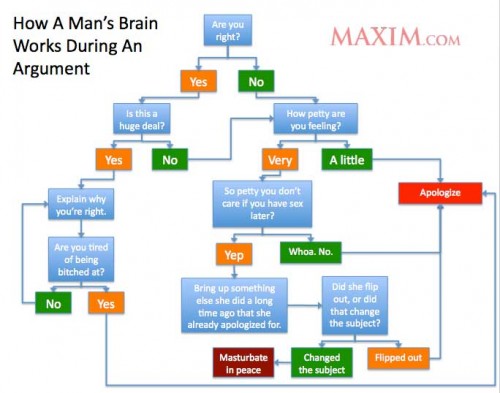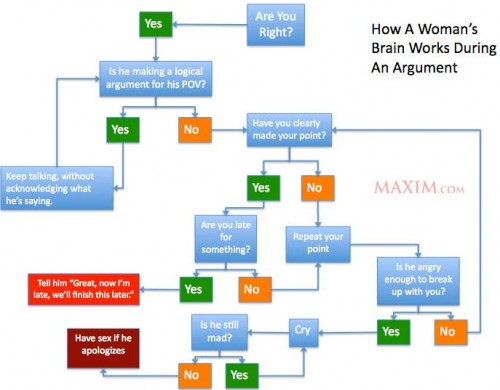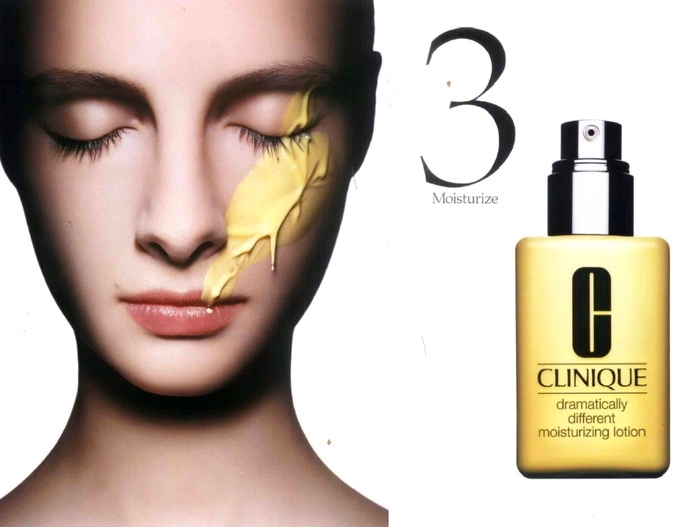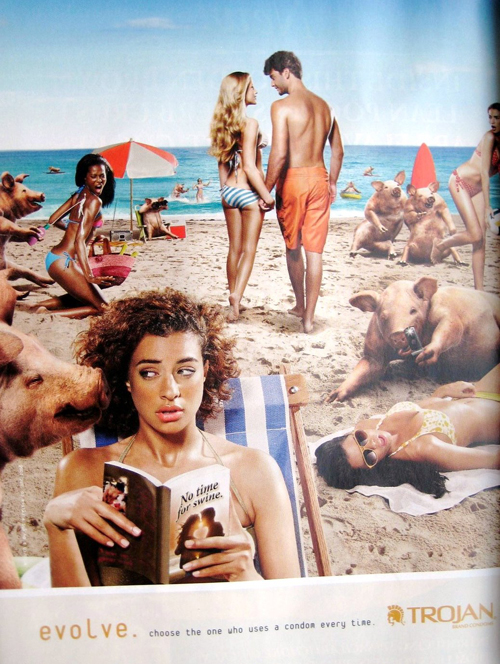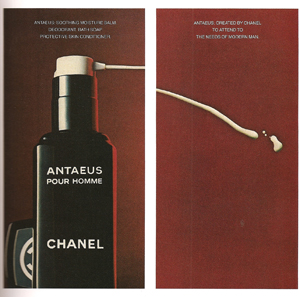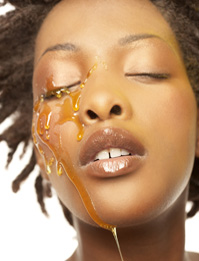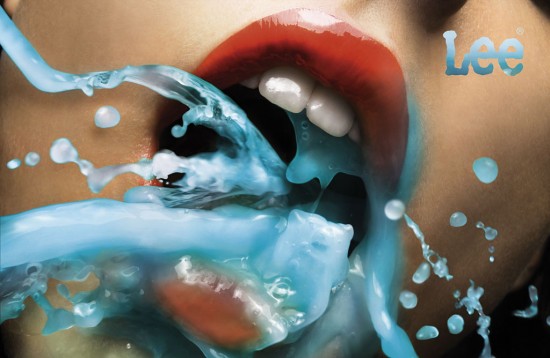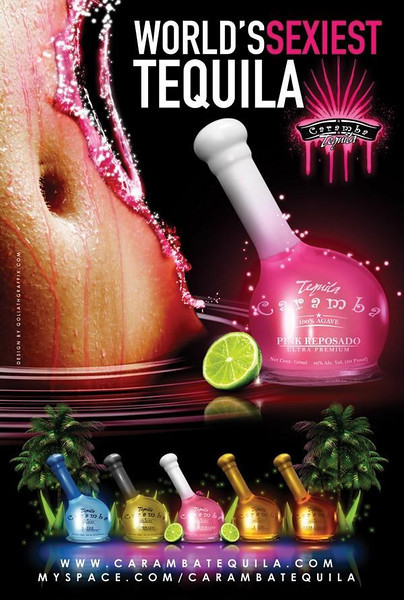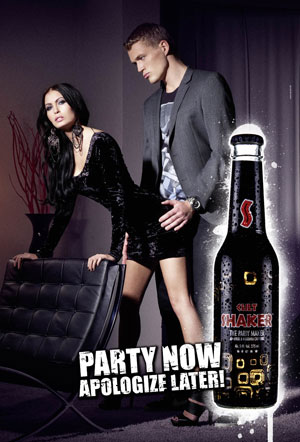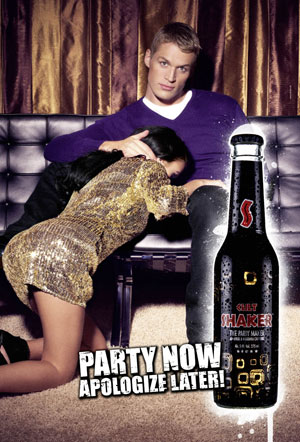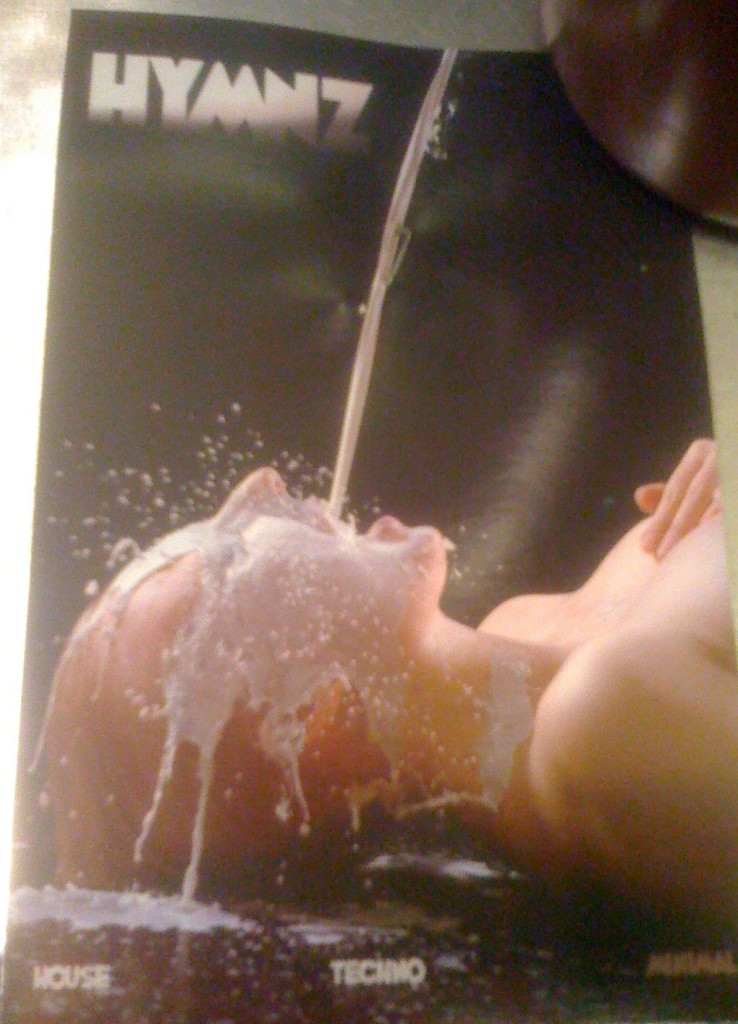Melissa at Shakesville has captured these examples of Reuter’s “Odd News” lists (see here). She collects instances of:
…the wire services’ insistence on trivializing women’s lives, actions, experiences, and issues by categorizing as “Odd News” stories about the mistreatment of women, or stories about women that aren’t “odd” in any way aside from the fact that there’s a women at their centers.
A woman kidnapped for rejecting a man and sexualized prison politics. How odd!

A woman was violent; another was sexually assaulted. Women should have the right to nourish the next generation? How odd!

Women are abused and a desperate girl is given away in a poker game. Jealous husbands shouldn’t be allowed to do illegal things. How odd!
Rape, how odd!



